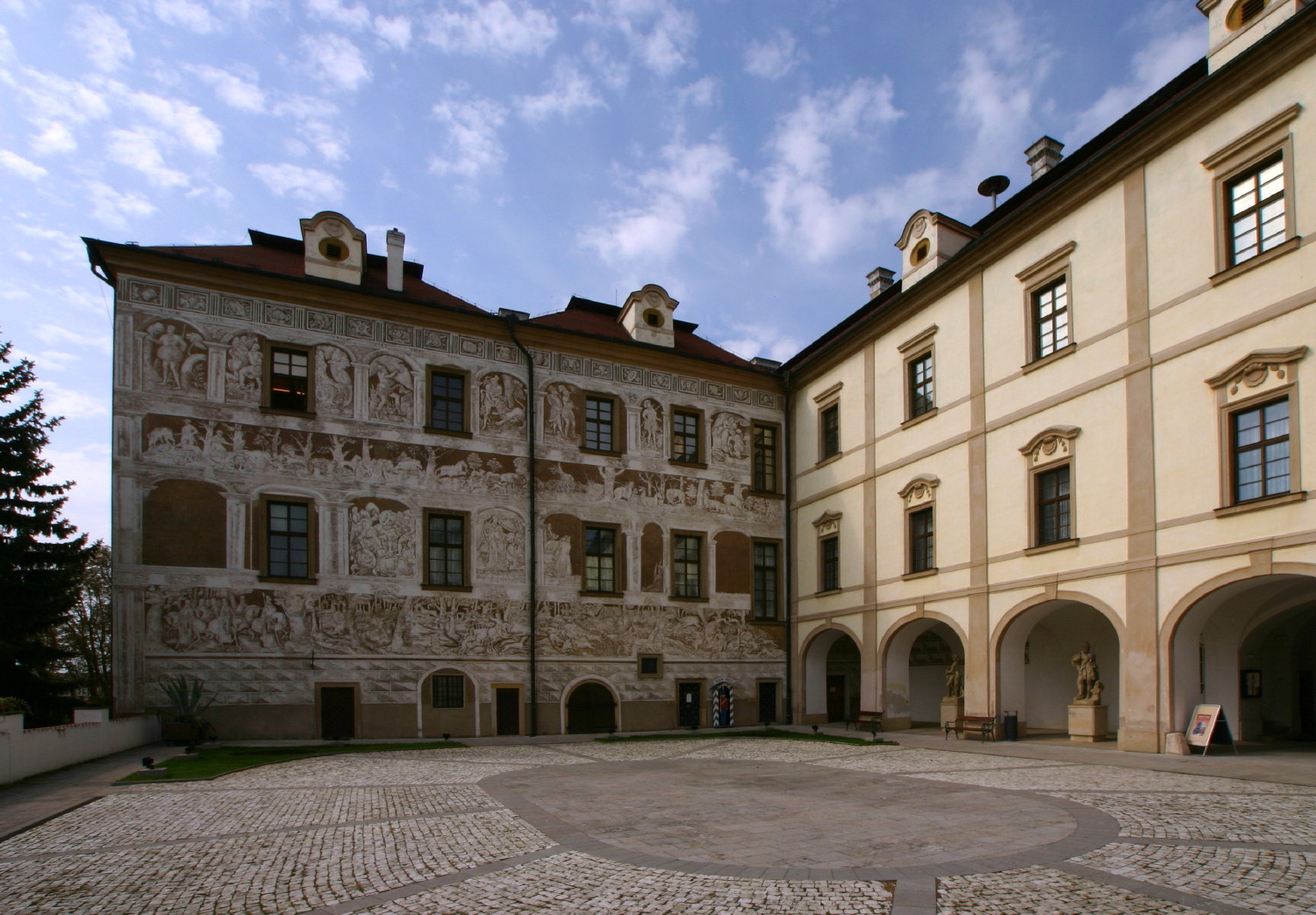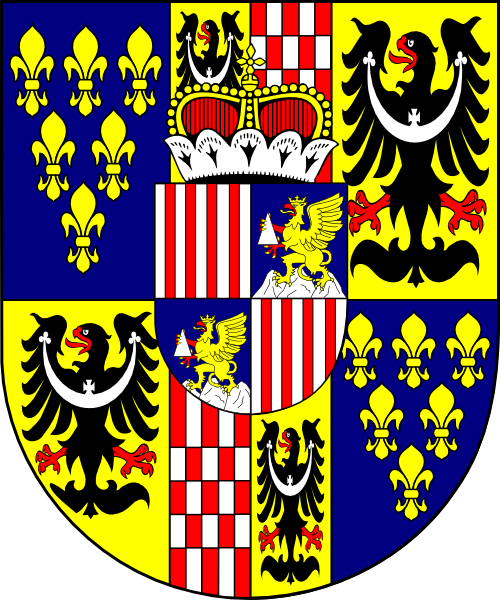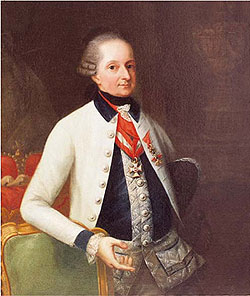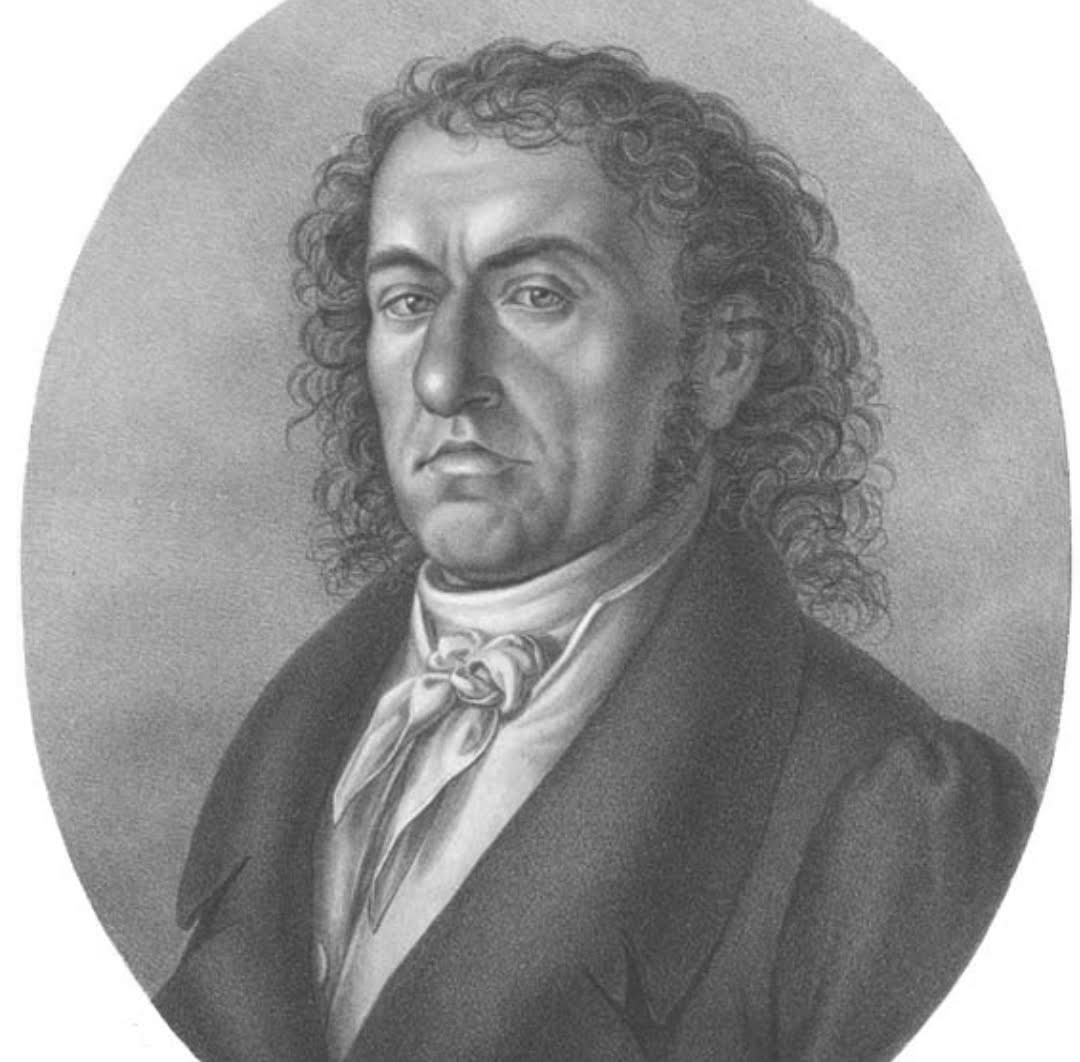|
Franz Joseph Czerwenka
Franz Joseph Czerwenka (6 September 1759 – 23 June 1835) was a Czech-born oboist based in Vienna, Austria. Early life Czerwenka was born in Benatek (present-day Benátky nad Jizerou in the Czech Republic) in 1759. His brother Franz (1745–1801) was a bassoonist; his brother Theodor (1761–1827) was an oboist and composer."Czerwenka (Czervenka), Familie" Oesterreiches Musiklexikon online. Retrieved 11 August 2019. Career From 1779, he played under Carl Ditters von Dittersdorf in the chapel of Philipp Gotthard von Schaffgotsch ...[...More Info...] [...Related Items...] OR: [Wikipedia] [Google] [Baidu] |
Oboe
The oboe ( ) is a type of double reed woodwind instrument. Oboes are usually made of wood, but may also be made of synthetic materials, such as plastic, resin, or hybrid composites. The most common oboe plays in the treble or soprano range. A soprano oboe measures roughly long, with metal keys, a conical bore and a flared bell. Sound is produced by blowing into the reed at a sufficient air pressure, causing it to vibrate with the air column. The distinctive tone is versatile and has been described as "bright". When the word ''oboe'' is used alone, it is generally taken to mean the treble instrument rather than other instruments of the family, such as the bass oboe, the cor anglais (English horn), or oboe d'amore. Today, the oboe is commonly used as orchestral or solo instrument in symphony orchestras, concert bands and chamber ensembles. The oboe is especially used in classical music, film music, some genres of folk music, and is occasionally heard in jazz, rock, pop, an ... [...More Info...] [...Related Items...] OR: [Wikipedia] [Google] [Baidu] |
Benátky Nad Jizerou
Benátky nad Jizerou (; german: Benatek) is a town in Mladá Boleslav District in the Central Bohemian Region of the Czech Republic. It has about 7,400 inhabitants. The historic town centre is well preserved and is protected by law as an urban monument zone. Administrative parts The town is made up of town parts of Benátky nad Jizerou I–III and villages of Dražice and Kbel. Geography Benátky nad Jizerou is located about south of Mladá Boleslav and northeast of Prague. It lies on the Jizera River in the Jizera Table plateau. The highest point of the municipal territory is the hill Benátecký vrch with an elevation of . History The first written mention of the village of Obodř (today part of Benátky nad Jizerou III) is from 1052. In 1264, the Dražice Castle was founded. In 1346 Lord Jan of Dražice obtained permission to establish a town on a nearby hill. The town was named Nové Benátky (lit. "New Venice"). In 1349 the monastery and the Church of the Nativity of the ... [...More Info...] [...Related Items...] OR: [Wikipedia] [Google] [Baidu] |
Carl Ditters Von Dittersdorf
Carl Ditters von Dittersdorf (2 November 1739 – 24 October 1799) was an Austrian composer, violinist, and silvologist. He was a friend of both Haydn and Mozart. (webpage has a translation button) Life 1739–1764 Dittersdorf was born in the Laimgrube (now Mariahilf) district of Vienna, Austria, as Johann Carl Ditters. His father was a military tailor in the Austrian Imperial Army of Charles VI, for a number of German-speaking regiments. After retiring honorably from his military obligation, he was provided with royal letters of reference and a sinecure with the Imperial Theatre. In 1745, the six-year-old August Carl was introduced to the violin and his father's moderate financial position allowed him not only a good general education at a Jesuit school, but private tutelage in music, violin, French and religion. After leaving his first teacher, Carl studied violin with J. Ziegler, who by 1750, through his influence, secured his pupil's appointment as a violinist in the ... [...More Info...] [...Related Items...] OR: [Wikipedia] [Google] [Baidu] |
Philipp Gotthard Von Schaffgotsch
Count Philipp Gotthard von Schaffgotsch (3 July 1716 – 5 January 1795) was a German Prince-Bishop of Breslau and an important promoter of music. Ecclesiastical career Schaffgotsch was born in Bad Warmbrunn in the Riesengebirge mountains to the House of Schaffgotsch, an old Silesian aristocratic family. He was educated by the Jesuits at the Collegium Romanum in Rome. In 1738, Schaffgotsch was ordained a Roman Catholic priest in Vienna and was appointed a canon in Olomouc, Halberstadt and later in Breslau. During this time he became a member of the fraternal organization known as Freemasons and was heavily influenced by the Enlightenment-era ideas and philosophies. And although Freemasonry was condemned by Pope Clement XII in 1738 in the papal bull ''In eminenti'', Schaffgotsch supported the creation of the first Freemason loge in the Austrian capital, Vienna. Despite his disagreements with the Vatican, in 1743 he was created an abbot and soon after a coadjutor bishop of ... [...More Info...] [...Related Items...] OR: [Wikipedia] [Google] [Baidu] |
Silesia
Silesia (, also , ) is a historical region of Central Europe that lies mostly within Poland, with small parts in the Czech Republic and Germany. Its area is approximately , and the population is estimated at around 8,000,000. Silesia is split into two main subregions, Lower Silesia in the west and Upper Silesia in the east. Silesia has a diverse culture, including architecture, costumes, cuisine, traditions, and the Silesian language (minority in Upper Silesia). Silesia is along the Oder River, with the Sudeten Mountains extending across the southern border. The region contains many historical landmarks and UNESCO World Heritage Sites. It is also rich in mineral and natural resources, and includes several important industrial areas. The largest city and Lower Silesia's capital is Wrocław; the historic capital of Upper Silesia is Opole. The biggest metropolitan area is the Upper Silesian metropolitan area, the centre of which is Katowice. Parts of the Czech city of Ostrav ... [...More Info...] [...Related Items...] OR: [Wikipedia] [Google] [Baidu] |
Nikolaus I, Prince Esterházy
Nikolaus I, Prince Esterházy ( hu, Esterházy I. Miklós, german: Nikolaus I. Joseph Fürst Esterhazy; 18 December 171428 September 1790) was a Hungarian prince, a member of the famous Esterházy family. His building of palaces, extravagant clothing, and taste for opera and other grand musical productions led to his being given the title "the Magnificent". He is remembered as the principal employer of the composer Joseph Haydn. Life Nikolaus Esterházy was the son of Prince Joseph (József Simon Antal, 1688–1721), and the younger brother of Prince Paul Anton (Pál Antal, 1711–1762). He took the title of Prince on his brother's death. His name is given in various languages: German (the language of the Habsburg Court) "Nikolaus Josef", Hungarian (probably his native language) "Miklós József," and (in English contexts) the English form of his name, "Nicholas". In early life he was educated by Jesuits. He became a military officer, serving the Austrian Empire. Of his mi ... [...More Info...] [...Related Items...] OR: [Wikipedia] [Google] [Baidu] |
Joseph Haydn
Franz Joseph Haydn ( , ; 31 March 173231 May 1809) was an Austrian composer of the Classical period (music), Classical period. He was instrumental in the development of chamber music such as the string quartet and piano trio. His contributions to musical form have led him to be called "Father of the Symphony" and "Father of the String quartet, String Quartet". Haydn spent much of his career as a court musician for the wealthy Esterházy family at their Eszterháza Castle. Until the later part of his life, this isolated him from other composers and trends in music so that he was, as he put it, "forced to become original". Yet his music circulated widely, and for much of his career he was the most celebrated composer in Europe. He was Haydn and Mozart, a friend and mentor of Mozart, Beethoven and his contemporaries#Joseph Haydn, a tutor of Beethoven, and the elder brother of composer Michael Haydn. Biography Early life Joseph Haydn was born in Rohrau, Austria, Rohrau, Habsburg ... [...More Info...] [...Related Items...] OR: [Wikipedia] [Google] [Baidu] |
Josef Triebensee
Josef Triebensee (Trübensee) (November 21, 1772 Třeboň - April 22, 1846 Prague) was a Bohemian composer and oboist. He studied composition with Albrechtsberger and oboe with his father, Georg Triebensee (January 28, 1746-June 14, 1813). He served in the private orchestra of Prince Schwarzenberg, and from 1782 to 1806 as first oboist of the Austrian Emperor's Harmonie (wind band). Concurrently, he also served as principal oboist at the Nationaltheater of Vienna. Other associations included second oboist at the Kärntnertortheater, Kapellmeister to Prince Liechtenstein's Harmonie at Feldsberg, the private orchestra of Count Hunyady (from 1811), a theater composer in Brno, and from 1816 to his retirement in 1836, director of the Prague Opera where he succeeded composer Carl Maria von Weber. Unlike Weber, his operas found little success. Triebensee was the second oboist, with Olivier Hue, at the Theater auf der Wieden in Vienna in 1791 when he played the premiere of Mozart's ''Die ... [...More Info...] [...Related Items...] OR: [Wikipedia] [Google] [Baidu] |
Theater Am Kärntnertor
or (Carinthian Gate Theatre) was a prestigious theatre in Vienna during the eighteenth and nineteenth centuries. Its official title was (Imperial and Royal Court Theatre of Vienna). History The theatre was built in 1709 to designs by Antonio Beduzzi on a site near the former Kärntnertor, on the grounds of the present Hotel Sacher. The expenses of building the theatre were borne by the City of Vienna, and it was intended (as Eva Badura-Skoda notes)Badura-Skoda 1973 to be "frequented by the Viennese population of all classes". However, at the command of the emperor, the first performances were of Italian operas, an elite form of entertainment. In 1711, the theatre was redirected to its original purpose when it was placed under the direction of Josef Stranitzky, who put on a variety of entertainment, often embodying a German version of the Italian commedia dell'arte. The theatre was managed by Stranitzky's widow after his death. In 1728, court artists Borosini and Sellier ... [...More Info...] [...Related Items...] OR: [Wikipedia] [Google] [Baidu] |
Wiener Hofmusikkapelle
The Wiener Hofmusikkapelle is the group of musicians serving at the court chapel in Vienna. It was founded in 1498 under Maximilian I, Holy Roman Emperor. It was disbanded in 1922 and was the forerunner of the Vienna Boys' Choir. History Prior to Maximillian I taking control of Tyrol, there was already a choir, with the organist Paul Hofhaimer and the composer and singer Pierre de la Rue at the ''Grande chapelle'' in Vienna, the musical establishment of the Burgundian-Habsburg court. Maximilian conquered the territory in 1490 and entered Vienna but he did not set up his court there until 1498. This was the year the Hofmusikkapelle was founded; Jurij Slatkonja was a chaplain and cantor at the court in Vienna and also the canon and provost of the Diocese of Ljubljana. In 1498, he was appointed the singing master of and two years later became the chapel master of the Vienna Court Chapel. Besides the singing master, two bass players and six boys were employed. Under Emperor Ferdi ... [...More Info...] [...Related Items...] OR: [Wikipedia] [Google] [Baidu] |
Ludwig Van Beethoven
Ludwig van Beethoven (baptised 17 December 177026 March 1827) was a German composer and pianist. Beethoven remains one of the most admired composers in the history of Western music; his works rank amongst the most performed of the classical music repertoire and span the transition from the Classical period to the Romantic era in classical music. His career has conventionally been divided into early, middle, and late periods. His early period, during which he forged his craft, is typically considered to have lasted until 1802. From 1802 to around 1812, his middle period showed an individual development from the styles of Joseph Haydn and Wolfgang Amadeus Mozart, and is sometimes characterized as heroic. During this time, he began to grow increasingly deaf. In his late period, from 1812 to 1827, he extended his innovations in musical form and expression. Beethoven was born in Bonn. His musical talent was obvious at an early age. He was initially harshly and intensively tau ... [...More Info...] [...Related Items...] OR: [Wikipedia] [Google] [Baidu] |
Don Giovanni
''Don Giovanni'' (; K. 527; Vienna (1788) title: , literally ''The Rake Punished, or Don Giovanni'') is an opera in two acts with music by Wolfgang Amadeus Mozart to an Italian libretto by Lorenzo Da Ponte. Its subject is a centuries-old Spanish legend about a libertine as told by playwright Tirso de Molina in his 1630 play '' El burlador de Sevilla y convidado de piedra''. It is a ''dramma giocoso'' blending comedy, melodrama and supernatural elements (although the composer entered it into his catalogue simply as ''opera buffa''). It was premiered by the Prague Italian opera at the National Theater (of Bohemia), now called the Estates Theatre, on 29 October 1787. ''Don Giovanni'' is regarded as one of the greatest operas of all time and has proved a fruitful subject for commentary in its own right; critic Fiona Maddocks has described it as one of Mozart's "trio of masterpieces with librettos by Da Ponte". Composition and premiere The opera was commissioned after the succes ... [...More Info...] [...Related Items...] OR: [Wikipedia] [Google] [Baidu] |








